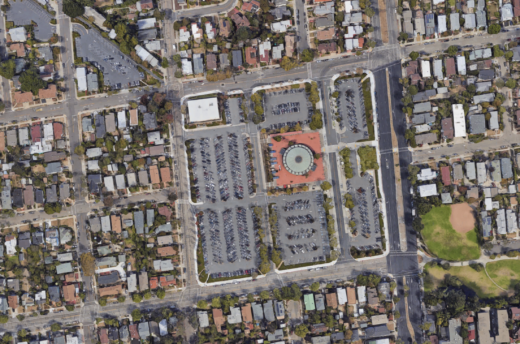Two Bay Area lawmakers are promoting a bill that aims to spur more housing construction at BART stations -- by essentially putting the BART board of directors in charge of zoning on agency-owned land near the transit district's stations in San Francisco, Alameda and Contra Costa counties.
Assembly members David Chiu, D-San Francisco, and Tim Grayson, D-Concord, introduced AB 2923 last month. It would set new rules for development on BART property -- mostly on parking lots that surround many of the agency's stations.
The measure would require the BART board to review the agency's current "transit-oriented development" policies, formalize those policies as formal zoning standards and adopt a streamlined approval process for new development.
The bill would require local governments to change their zoning laws to conform to BART's guidelines and give BART the power to override local laws that are inconsistent with the agency's development standards. The bill also mandates that 20 percent of units in the BART-centered developments be affordable to moderate, low-income and very-low-income residents for a period of 55 years.
"We have too many BART stations surrounded by parking lots," Chiu said in an interview Sunday. "Acres of asphalt and parked cars. ... Part of our point is it's much more effective to build a couple floors of housing on top of what is an open parking lot than the use that we see today."
